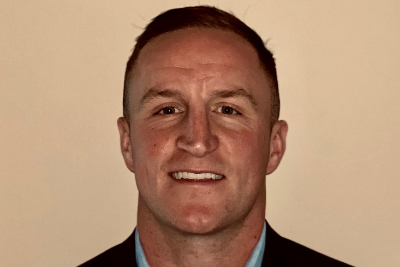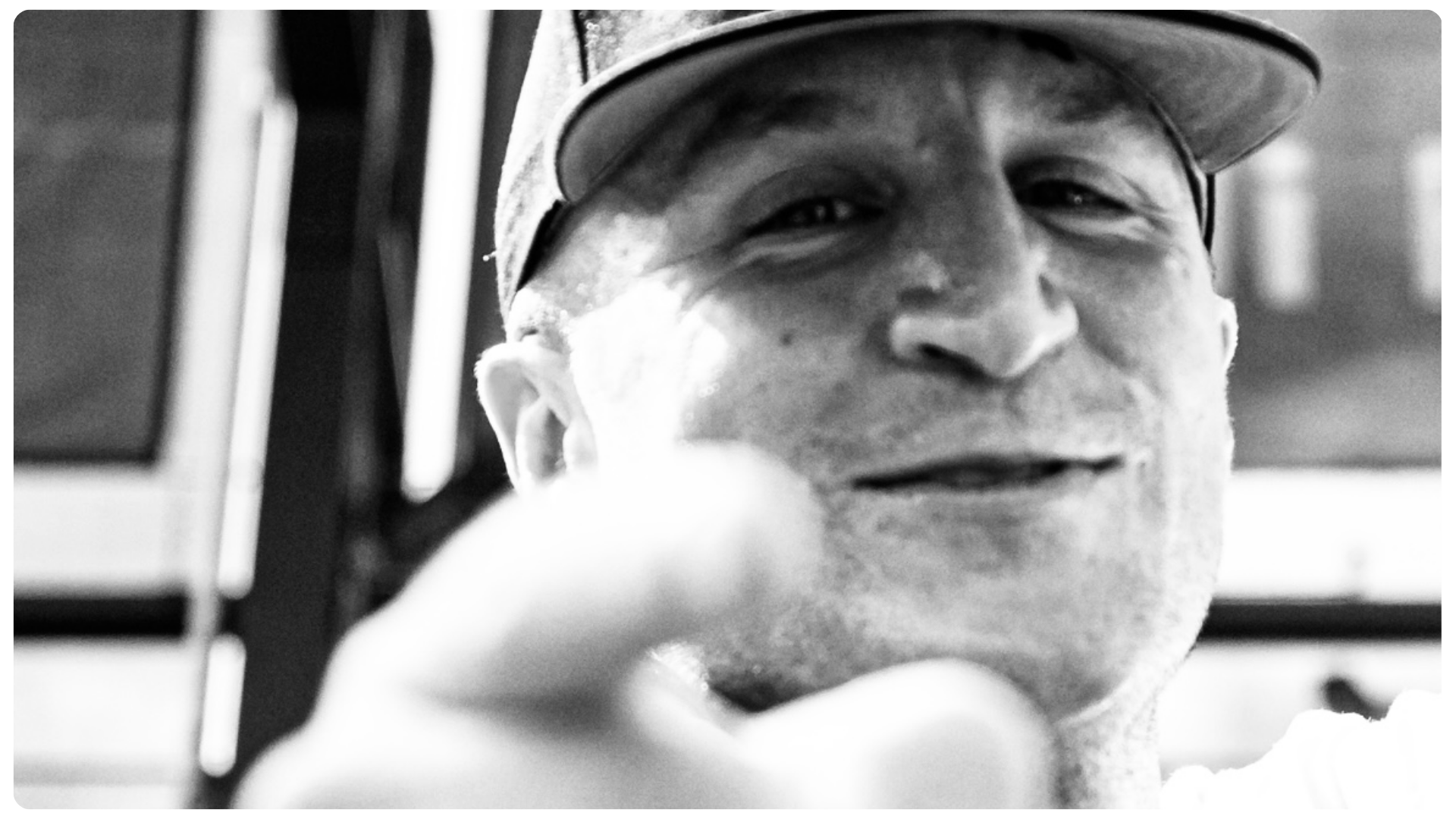
“And I heard the voice of the Lord saying, “Whom shall I send, and who will go for us?” And I said, “Here I am, Lord, send me.” — Isaiah 6:8
This week, a person from my inner circle asked me: “You care so much about leadership… why?” I first nodded in agreement, then pondered. My initial response included the downsides, pitfalls, and tragedies derived from people who immorally used their authority, influence, and power. I fervently ranted about Adolf Hitler, Joseph Stalin, Pol Pot, Mao Zedong, and the ongoing dictatorship in North Korea. The middle of my response highlighted the contagious ripple effect a leader’s words and actions could have on the bodies, hearts, minds, and spirits of millions of people (notably Jesus Christ in my own life).
And, with a deep sigh, I finished my response by shifting from “the importance” to “the absolute necessity” of authentic, integrous, and upward-striving leadership.
Months ago I heard a remark by psychologist Jordan Peterson in response to the following quote from Friedrich Nietzsche’s book Beyond Good and Evil: “Battle not with monsters lest ye become a monster… and if you gaze into the abyss, the abyss gazes also into you.” Peterson exclaimed, “Right, but I would say, “Bring it on!” If you gaze into the abyss long enough, you see the light, not the darkness… I’m betting my life on it.”
There are many powerfully optimistic and inspiring ideas in this world; this might be one of the most critical ideas to understand and personally adopt as an ethically sound leader: commitment to light through truth-filled speaking and acting triumphs over adherence to darkness through lying, cheating, and deceiving despite any magnitude of pain, suffering, or pull toward devilish temptation.
Leaders choose the hard right over the easy wrong, always.
Not all 18 months are the same. In August of 1914, 27 men led by Sir Ernest Shackleton set out to cross Antarctica from sea to sea via the South Pole. By the beginning of 1915, their ship was trapped in the Waddell Sea ice. Later that year, the unrelenting ice pressure ruptured and sank the ship… leaving three life boats and two options: quit amidst seemingly impossible odds of survival or persist through extremely cold conditions and unstable terrain.
Through calculated risk-taking and unwavering resolve, Shackleton displayed faith and conviction by delegating specific roles to crew members and communicating goal-oriented plans. Hope was ignited when the entire team reached solid ground, the desolate Elephant Island, for the first time in 497 days. Shackleton gave the team exact orders and then set out for homeland, 800 miles away, once again.
Mountaintops are small and the air is thin for a reason. Because you’re not supposed to dwell on top of a mountain.
This quote from the United States’ Women’s National Soccer Team Head Coach, Jill Ellis, came to mind as I thought about Shackleton’s courage of adventuring back into the brutal ocean after finally finding solid ground. Leaders compete, celebrate, and compete again.
Incredible amounts of resiliency, heart, and determination bolstered Shackleton and five other men back to South Georgia’s southern coast. Never celebrating for too long, Shackleton organized four rescue attempts to save all crew members on Elephant Island. On August 30th, 1916, it happened, and no lives were lost. This expedition, detailed in Alfred Lansing’s book titled Endurance, has been deemed one of the greatest stories on leadership ever recorded.
The best definition of leadership I’ve ever come across simply states: leaders disturb the comfortable and comfort the disturbed.
A person who calls forth the best versions of themselves and others through realistic yet challenging standards receives admiration. Yet he or she cannot merely bark orders, telling everyone what to do and how to do it. He or she must embody the standard, as well. Furthermore and equally as essential, that person must also build a bridge of trust so strong that it can withstand the weight of the truth. They do this by comforting the disturbed… by asking questions and listening… by complimenting, congratulating, and consoling… by being a beacon of hope and encouragement, especially in really dark moments.
Inside my favorite TED Talk on this topic, “the rarest commodity is leadership without ego,” Bob Davids makes a distinction between management versus leadership — managers attempt to control whereas leaders inspire and enroll others on a mission toward a meaningful vision.
Davids emphasizes, “There are three things, and only three things, that you can control: quality, time, and money [not people].” Davids uses a perfect, visual metaphor to display leadership: a chain. When we push a bunched-up chain, it sprawls in an uncertain direction; when we pull a chain, it follows us in the direction we go.
People cannot be managed; they can only be led.
The purest and truest form of leadership is by example.
“The pessimist complains about the wind.The optimist expects it to change. The realist adjusts the sails.”
Don’t be a manager. Be a leader.
Don’t dwell in the darkness. Be the light.
Disturb the comfortable and comfort the disturbed.
— MG
Mark Glicini
Founder & CEO of Mark Glicini Peak Performance
Mark was born and raised in New Jersey where he became an elite high school student-athlete. He earned varsity letters as captain of his high school football, basketball and lacrosse teams and was elected into the National & Spanish National Honor Societies. He attended a post-graduate academic program at Deerfield Academy in Deerfield, MA before college where he earned his Bachelor of Arts degree in Economics from Yale University in New Haven, CT. He is currently a graduate student working toward his doctorate degree in Sport & Performance Psychology at San Diego University for Integrative Studies under Dr. Cristina Versari, Founder & CEO of SDUIS and former Head of Sport Psychology for the National Basketball Association. He is a Teaching Associate with Dr. Robert Gilbert, a Professor at Montclair State University (NJ) and a leading authority and author in the field of Applied Sport Psychology. Mark is currently the lead Mental Health & Wellness Player Advocate for the Premier Lacrosse League.
Getting to Know the Author
Mark is a Certified Fitness Trainer, Nutritionist, and Mental Performance Coach. He is currently pursuing a graduate degree in Sport & Performance Psychology at the San Diego University for Integrative Studies.
At Mark Glicini Peak Performance, we recognize that physical health reflects mental health. We study how intention drives behavior and emphasize that true peak performance requires an integrative approach—mind, body, and spirit.
The Meaningful Growth Foundation
As the Mark Glicini Meaningful Growth Foundation embarks on a journey of endurance and togetherness against the trials and tribulations brought upon by cancer, I state: every inch of my heart is in this.
Like so many, cancer has had a profound impact on my life. It took the lives of my grandfather and uncle before I was born. For years starting in 2011, I stood by my mother’s side as she battled and overcame lymphoma. Her fortitude, unwavering support from loved ones and God’s will triumphed amid extreme adversity.
Although we have not and may not win every fight, we will relentlessly strive to make an individual’s growth meaningful and to ensure his or her family feels cared for and supported. Thank you for your love, God Bless!

Know Your Numbers
Created in 1908, psychologists named Robert Yerkes and John Dodson used an inverted U-shaped curve to explain the relationship between our magnitudes...

Be The One
Etched into my spirit as a middle school student-athlete, my first lacrosse coach would repeat: “Mark, be the one.”
 Mark Glicini
Mark Glicini

